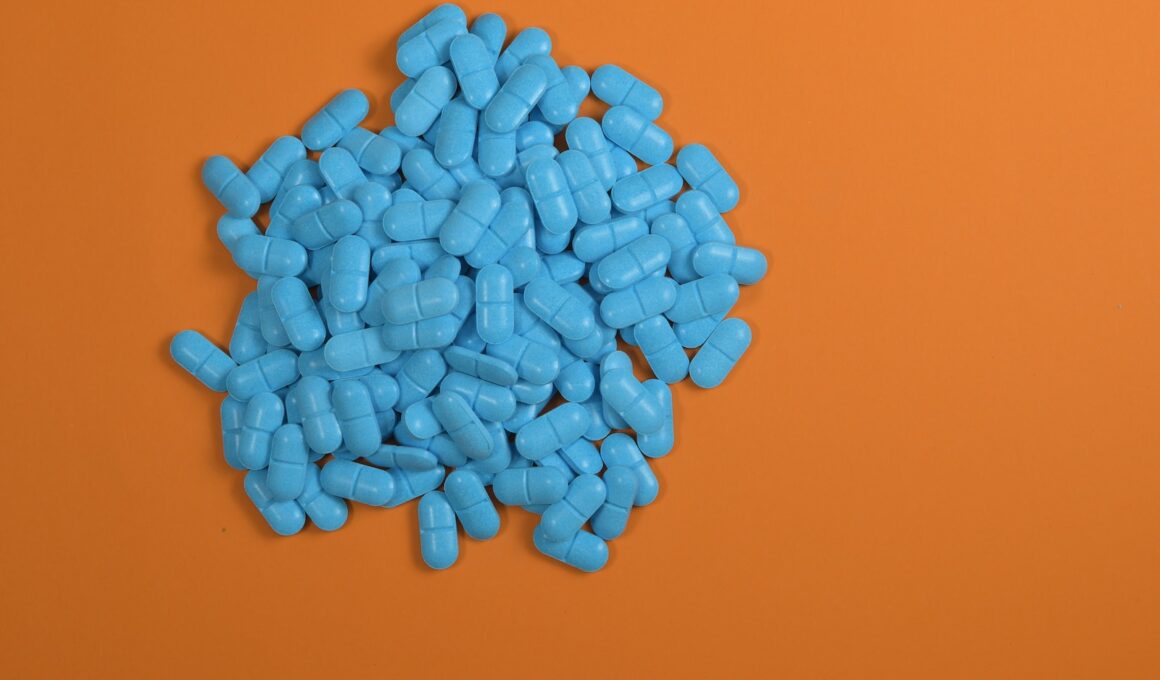Viagra (sildenafil) only works when you are aroused. It can take up to an hour for it to start working.
You should never take it with nitrates, like isosorbide dinitrate or nitroglycerin, or with alpha-blockers like doxazosin (Minipress) or tamsulosin (Flomax). This can cause dangerously low blood pressure. The most common side effects are a little flushing and a headache.
What happens if you take too much?
Viagra is a safe medication when taken in the right context. A patient should only take one pill per 24 hours to avoid the build-up of unsafe levels of the drug in their body. The only context in which two pills are okay is if the doctor instructs them to do so in order to increase the dosage, such as when they start with a 25mg tablet and want to try a 50mg dose to see how it works for them.
Taking too many Viagra tablets can lead to dangerously low blood pressure, or hypotension. This can happen when the medicine relaxes blood vessels in the body, including the blood vessels that supply the brain. It can also occur if the patient stands up too quickly, or if they are taking medications such as nitrates (used to treat chest pain associated with heart disease) or alpha blockers, like tamsulosin.
It’s important to take Viagra with water and on an empty stomach, as this can help ensure that it is absorbed more effectively. Some foods can delay or interfere with the absorption of the drug, including fatty meals and dairy products. It’s also important to be aware that certain medications can interact with Viagra, such as nitrates and some antibiotics, so it’s important to consult your physician before taking any new medication in addition to Viagra.
What happens if you take too little?
Viagra is a very popular medication that can help with the symptoms of Erectile Dysfunction in men. It is a fairly safe drug when taken as prescribed, but it is important to always follow the prescribing instructions on the bottle. It can be very dangerous to take more than recommended by your doctor, and it can also cause unwanted side effects.
Your diet, your overall health, and other medications you’re taking can affect how well and how long Viagra works for you. For example, eating a large meal (especially a high-fat one) before you take Viagra can delay how quickly it starts working. It can also affect how long it lasts by increasing the amount of time it takes to be metabolized in your body. Certain conditions can also make it harder for you to get an erection when taking Viagra, or can make your erections less firm and longer-lasting.
If you have a medical condition such as diabetes, nerve problems like multiple sclerosis, or heart disease, you may need to use lower doses of Viagra than others. This is because these conditions can decrease blood flow to your penis, which can affect how well and how long Viagra works.
What happens if you take it with food?
If you are prescribed Viagra, only take it as instructed by your healthcare professional. You should not take it more than once a day, and you should not take it with nitrate drugs (like nitroglycerin used to treat angina). Doing so could cause your blood pressure to drop dangerously low, which can be life-threatening.
Viagra works by affecting how blood flows to your penis. It relaxes and widens blood vessels in your penis, which helps you to achieve an erection when sexual stimulation occurs. The chemical cyclic GMP in the pill also improves communication between nerves in your penis, which helps to keep the erection.
Side effects of Viagra can include flushing, a headache, and nasal congestion. These can usually be easily managed by taking a mild pain reliever that’s safe for you, such as acetaminophen or ibuprofen. Some people experience dizziness when taking Viagra, which can be eased by lying down and avoiding bright lights.
Viagra can help with erectile dysfunction caused by physical anomalies such as Peyronie’s disease and other conditions that affect the shape of the penis. However, it’s not recommended for men with a crooked or scarred penis. It’s also not suitable for people who already have an enlarged prostate or have had a stroke. Some physical abnormalities can also interact with Viagra to cause priapism, which is a long-lasting and painful erection that doesn’t go away.
What happens if you take it on an empty stomach?
Viagra is a tablet that you take orally. It is usually taken around an hour before sexual activity and should be taken on an empty stomach. It can also be taken after a meal, but it may take about an hour longer to work. Some foods, like high-fat meals, can prevent it from working effectively. In addition, drinking alcohol or smoking can reduce blood flow to the penis and make Viagra less effective or shorter-lasting.
While most people don’t experience serious side effects from Viagra, some do experience mild ones, such as a bit of facial flushing or nasal congestion. These symptoms are generally well tolerated, and they tend to go away on their own within a few hours of taking the medication. Viagra can also cause low blood pressure, which is why it is important to avoid taking nitrate medications (for heart conditions) with it.
If you are experiencing these side effects, talk to your doctor about how long they should last and how often you can take the medication. They will be able to advise you on whether or not it is safe to increase the dosage or take two tablets at once.
One of the most dangerous side effects of Viagra is a prolonged erection that lasts for more than 4 hours, known as priapism. This is a medical emergency and should be treated immediately as it can cause permanent damage to your penis.









